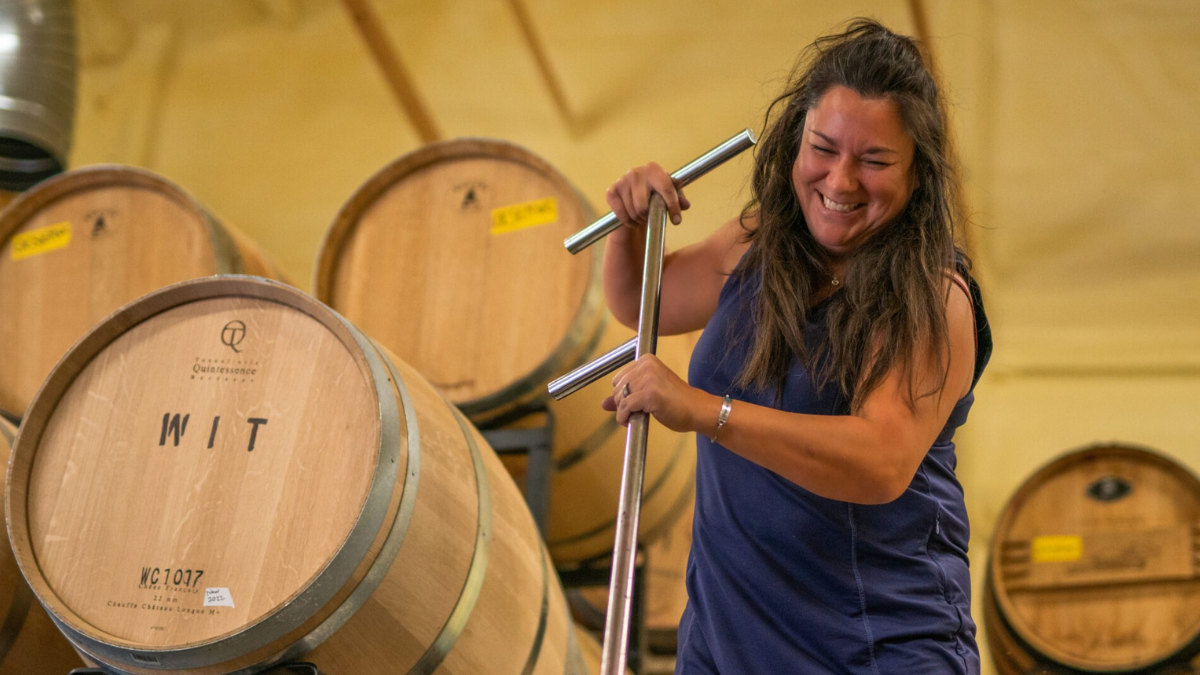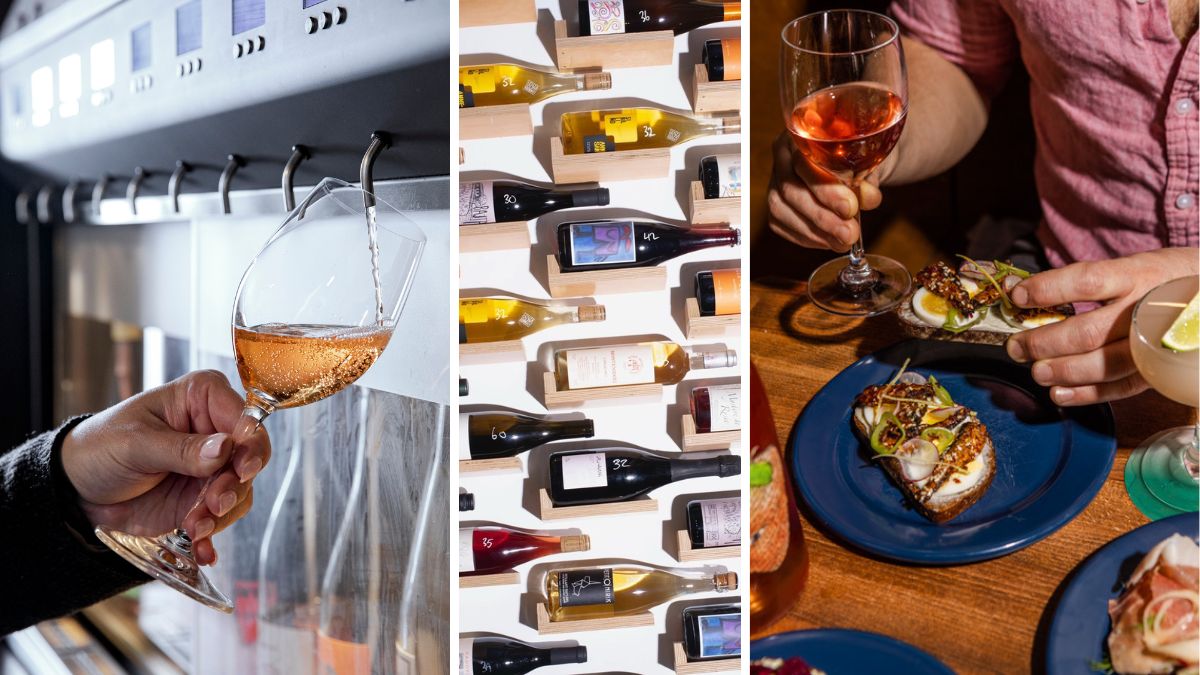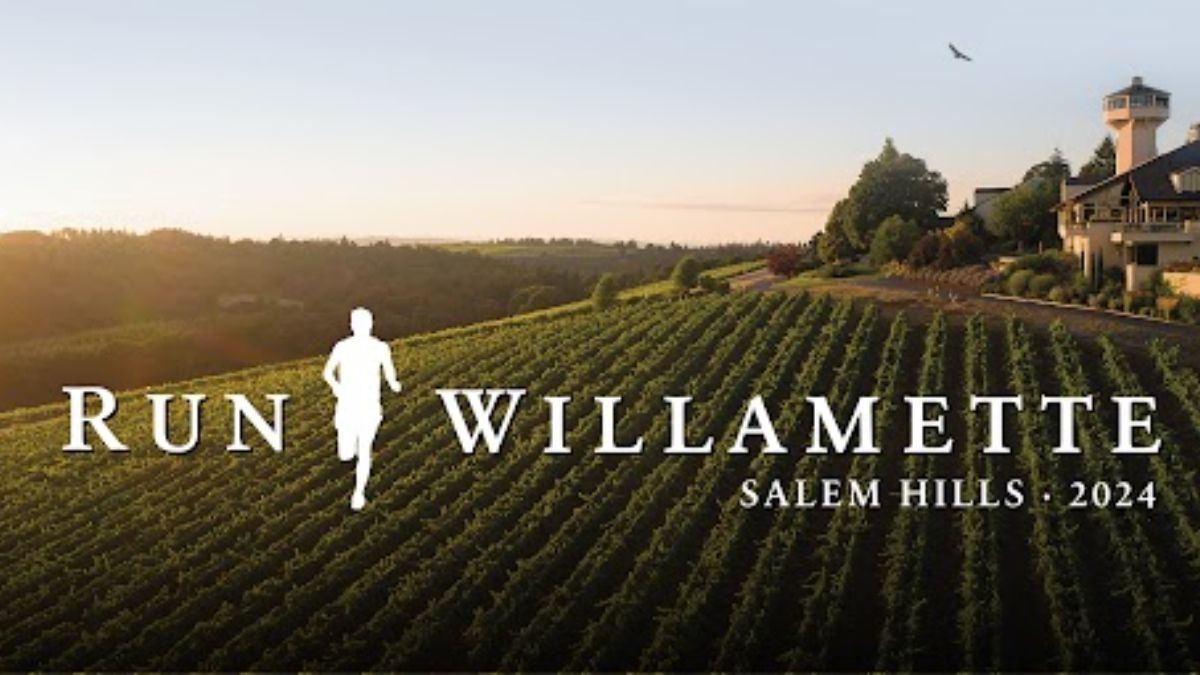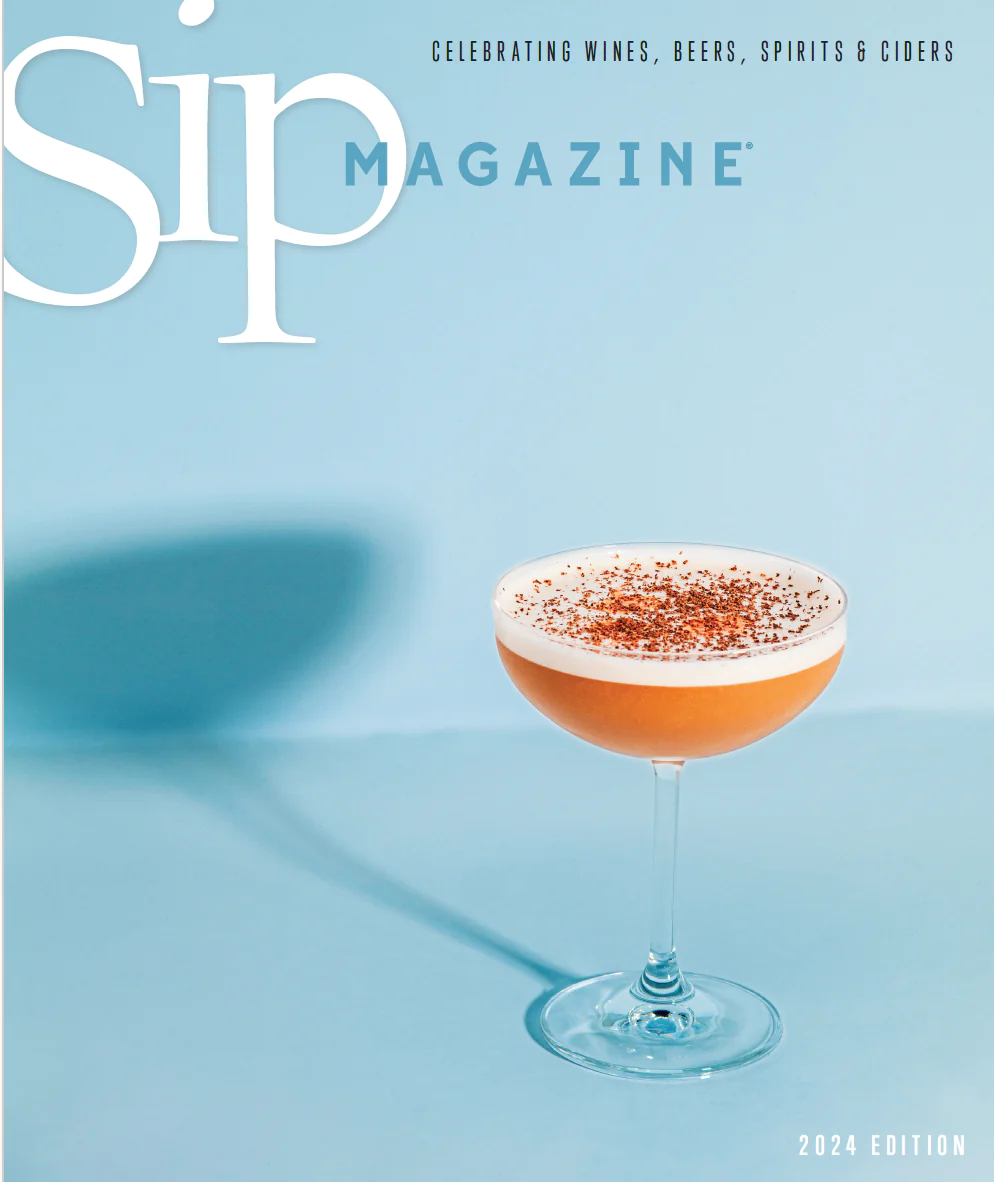The heat was inescapable at Thursday’s Auction of Washington Wine picnic and barrel auction. I’m not just talking about the 90+ degree temperatures on the lawn, though those were oppressive. I’m talking about the blinking red light in the cockpit of Northwest wine, warning about an overheating engine. While the gathered winemakers put on a brave face, behind the scenes there was plenty of murmuring about record-breaking temperatures that might just be the new normal. It feels like the whole country is experiencing a heatwave at the moment. I, for one, am struggling to sleep at night without a working AC unit. I desperately hope one of the local air conditioning services can fix it for me because I need my eight hours!
I was actually speaking to a friend of mine about this a few days ago. She lives in Oakleigh in the Australian suburbs and so her air conditioning unit is crucial when the temperatures start to rise! She also works from home, so she needs to make sure that her property stays at a comfortable temperature, even on the hottest days. Apparently, last summer, when her air conditioning system started to make a strange noise, my friend managed to get an electrician to fix it within minutes. Accordingly, if you are experiencing any issues with your HVAC system and need an electrician oakleigh is home to some fantastic HVAC experts that can get your air conditioning system back to its best. Just be sure to do plenty of research online to find the best electrician for your needs.
Anyway, what does all this have to do with wine? On the face of it, higher temperatures might not seem like a problem at all. After all, one of the few real threats to vines in Washington is a deep freeze (as happened in 2014) and anything that alleviates that concern would be a blessing to grape growers. While that’s certainly true, hotter summers create more problems than they solve.
The principal concern is that excessive summer heat diminishes one of the strengths of the broader Northwest: the large diurnal shift which shuts the vines down at night, preserving acidity in the resulting wine. Elevated night time temperatures means higher sugar levels in the grapes at harvest, leading to higher alcohol levels as well.
The concerns go beyond just those relatively crude metrics. Warmer days shorten the growing season as well. Picking crews are already hard at work bringing in the first tons of the harvest and while warmer spring temperatures can allay those concerns a bit, the real issue is that many of the phenolic compounds that give wine complexity are among the last to develop as the grapes ripen. Thus, even grapes are picked at reasonable pH and Brix levels, the wine itself might be less dynamic and interesting.
Water, too, is a concern. Hotter winters mean less snow-pack on Northwest peaks, which in turn leaves less water for irrigating vines during a hot summer, especially since more vital crops often have priority when water is scarce. While it’s true that mature grapevines need less water than most of what’s growing locally, they still need some, and young vines need quite a bit to establish themselves properly.
Even picking the grapes becomes more difficult with intense heat: Hand-harvesting is a crucial element for ensuring quality, but sending crews out into the vineyard on 100-degree days is potentially dangerous and certainly expensive. Grapes that come into the vineyard and are already hot also require cooling to ensure a more even fermentation, an additional cost to consider. Additionally, thousands of acres of grapes could be threatened by wildfires that more and more frequently ravage the Northwest.
None of this is meant to be doom-and-gloom. Rising summer temperatures will require adaptation and creativity on the part of grape growers and winemakers alike, but it might also allow for cultivation of land once thought unsuitable for wine. Maybe the Puget Sound AVA will fully earn its keep and maybe we’ll start drinking Willamette Valley Cabernet Sauvignon. The most immediate effect might be on the Auction of Washington Wines itself – several winemakers had to rush back across the mountains just to check on the harvest, a fact that would have seemed unthinkable a decade earlier.






